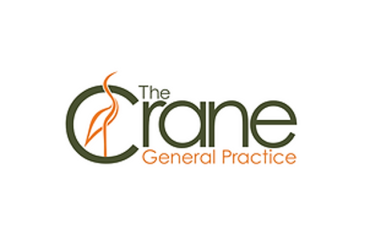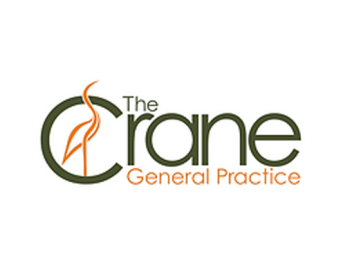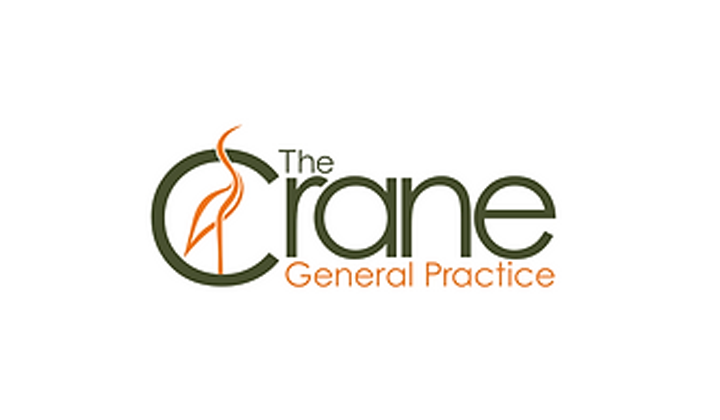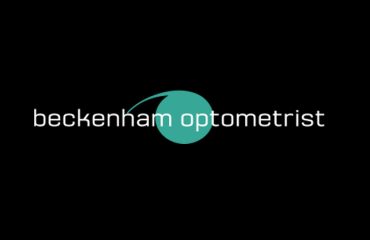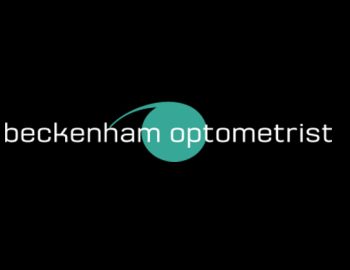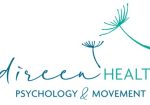
Description
I trained at the University of Tasmania in Clinical Psychology, completing my Doctorate in 2005.
In 2001, I commenced work as a registered psychologist for Forensic Mental Health Services, working both within the prison system and community setting. Here I gained both my Clinical and Forensic College memberships.
During 2007, in addition to my work in the public sector, I commenced private practice work in the areas of Forensic and Clinical psychology. In 2010, I left the public sector to focus solely on my private practice work. I co-founded “ForensiClinic”, a Clinical and Forensic Psychology practice providing assessment and treatment services for individuals within the forensic mental health system. In addition to this I provided risk assessments and other forensic reports for court and other community forensic services.
In 2012, I reluctantly left the profession of psychology due to ill health. After a period of two years I commenced my training as a Pilates Instructor, completing a Diploma of Professional Pilates Instruction with the Pilates International Training Centre (PITC) in Sydney. During this time I completed my practical training at a boutique Pilates Studio in Hobart. I continued to work as a Pilates Instructor until June of 2019. This studio was rehabilitative in style and I would see many clients with chronic pain, anxiety, stress and fatigue, as well as with hip, knee, disc and other physical difficulties.
Chronic Fatigue Syndrome/Myalgic Encephalomyelitis (CFS/ME) is a complex and disabling neurological illness that affects many parts of the body, including the brain and muscles, as well as the digestive, immune and cardiac systems, among others. CFS/ME has a significant impact on people’s physical health, mental health, employment, sense of identity, finances, friendships, relationships, confidence, self-esteem, trust in their body and mind, daily functioning, cognitions, and I could go on!
Recent research indicates that the best way to improve functioning and aid recovery of CFS/ME is with self-care strategies. Some people will require further specialist care and treatment, however the following foundational strategies remain an integral part of recovery for these individuals as well. Concepts of vital importance include mindset strategies and education to promote psychological flexibility and acceptance, pacing, energy tolerance envelopes, push/crash cycles, limitation awareness, sleep hygiene, finding a baseline, reflective movement, purposeful rest, scheduling and structure, educating family and friends, managing relationships, building a support team, pain management, and advocacy. Of course, it is common for people with CFS/ME to experience co-morbid or secondary depression, anxiety, trauma, grief and more. These conditions can also be addressed within 1:1 sessions.
The following information outlines the services provided for individuals, and families of
individuals, with CFS/ME.
Map View
Location
Posted By
admin
Offline Now
Posted By
admin
Offline Now
Similar Listing
The Crane General Practice
- 35 Queens Parade, Clifton Hill VIC 3068
- 03 9088 3258
- Views: 1,427
Beckenham Optometrist
- 15 Old Barrenjoey Road Avalon Beach NSW 2107
- (02) 9918 0616
- Views: 837

